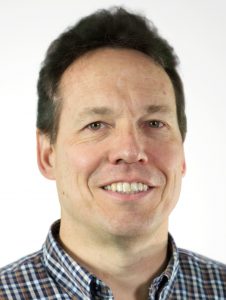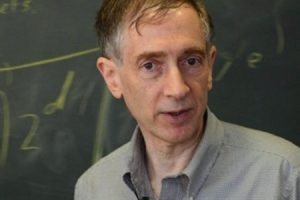CAMS and the Department of Mathematics successfully organized the Copper Country Workshop on Applied Mathematics, Statistics, and Data Sciences, July 5-7, 2022 at Michigan Technological University. The goal of the workshop is to bring leading researchers to discuss the recent developments in applied mathematics, statistics, and data science, and build collaborations among the participants from different areas.
The workshop attracted 47 participants including faculty and students. There were 30 speakers from 19 universities including:
- Auburn University
- Brown University
- Columbia University
- The George Washington University
- Iowa State University
- Kansas State University
- Michigan State University
- Michigan Technological University
- Missouri University of Science and Technology
- Purdue University
- Stevens Institute of Technology
- University of Florida
- University of Georgia
- University of Michigan
- University of Minnesota
- University of Notre Dame
- University of South Carolina
- The University of Texas at San Antonio
- York University
Sessions of note included:
- High-Performance Spectral Methods for Scalable Graph Embedding and Robust Machine Learning by Zhuo Feng of Stevens Institute of Technology
- Coupling Learning With Classical Computational Inversion by Kui Ren of Columbia University
- Deterministic-Statistical Approach for Moving Sources With Sparse Partial Data by Yanfang Liu of The George Washington University
- Learning Dirichlet-to-Neumann Maps From Randomly Sampled Points: A Consistency Result by Yang Yang of Michigan Technological University
- Bayesian Hierarchical Modelling for Process Optimization by Min Wang of the University of Texas at San Antonio
- Visualization of Mixed-featured Datasets by Fan Dai of Michigan Technological University
Visit the workshop website to see a list of all the session titles and speakers. To learn more about the Copper Country Workshop, please contact Michigan Tech’s Mathematical Sciences department chairperson Jiguang Sun.

